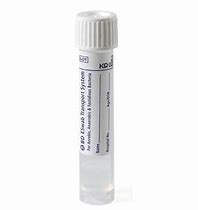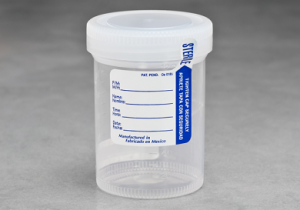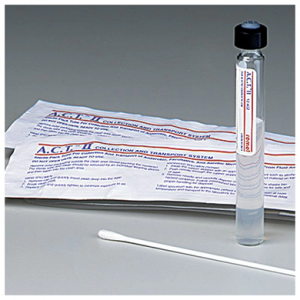Culture of the Eye For Bacterial Organisms
POWERCHART ORDER -Eye Culture
Useful For
Inflammatory eye conditions may be due to a variety of agents. Microorganisms play a major role in both acute and chronic eye diseases. The detection of infectious agents depends on knowledge of the site of infection and the severity of the process. A number of organisms can cause infections of the eye. Unlike procedures with other specimen types, it may also be important for the physician to inoculate culture at the bedside rather than transport the specimen to the lab for processing. Some of the most common conditions affecting the eye include; conjunctivitis, bacterial keratitis, bacterial endopthalmitis, preseptal and orbital cellulitis, and infections of the lachrymal glands and ducts
Method Name
Culture
Aliases
Eye Culture, C Eye
Specimen Type
Conjunctivitis
- E-Swab
Keratitis
- Scrapings – Collect corneal scrapings directly on to microbiology media (blood and chocolate agar plates).
Endopthalmitis
- Aspirate
Cellulitis
- E-swab and or Separate Anaerobic Culture
Specimen Required
Conjunctivitis
- E-Swab

Keratitis
- Scrapings – Collect corneal scrapings directly on to microbiology media (blood and chocolate agar plates-contact microbiology id inhouse) or in sterile dry container.

Endopthalmitis
- Aspirate

Cellulitis
- E-swab and or Separate Anaerobic Culture


Specimen Minimum Volume
- 1 swab or minitip swab
- 1 mL of aspirate
Specimen Stability Information
- Transport at room temperature.
- E-swabs swabs are stable for up to 48 hours after collection.
- Aspirates and plated material must be received within 2 hours of collection.
Rejected Due To
- Specimen not transported at room temperature.
- E-swabs swabs received more than 48 hours after collection.
- Aspirates and plated material must be received beyonf 2 hours of collection.
*NOTE* Specimens that do not meet the above criteria will be rejected.
Special Instructions
- Specimens must be labeled with complete source and body site information.
- Exam includes direct smear (gram stain) on swabs and aspirates.
- Susceptibility testing is performed if appropriate, for the isolates recovered.
- NOTE: Eye culture should be ordered for external specimens only.
- Aspirates of the inner eye (vitreous or aqueous fluids) should be ordered as an aspirate/tissue culture.
Performing Laboratory
Glens Falls Hospital Microbiology Laboratory
Day(s) and Time(s) Performed
- Day Shift
- 7 days per week
Analytical Time
48 hours
Specimen Retention Time
72 hours
Analytical Time
48 hours
